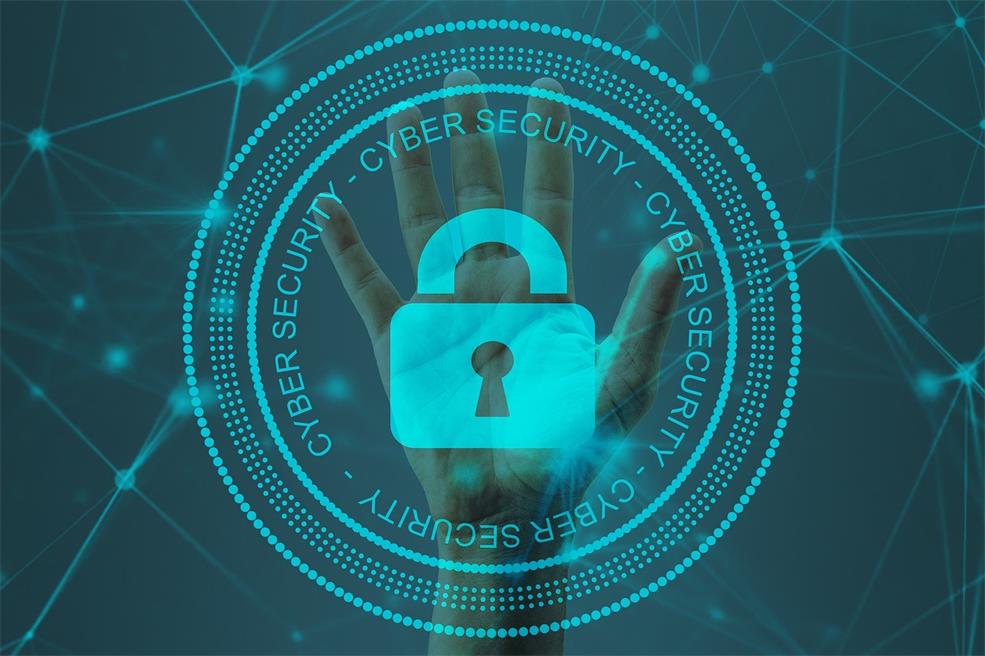Cybersecurity might sound like a technical, far-off concept, but for businesses, it’s one of the most crucial investments you can make. Think about it—your company’s sensitive data, customer information, and even daily operations depend on secure systems.
Imagine the fallout if all of that were compromised. Sounds terrifying, right? That’s why strong cybersecurity isn’t just nice to have—it’s a necessity. So, what steps can you take to protect your business?
Start by Hiring a Cybersecurity Company
Let’s face it—cybersecurity can get complicated, and most businesses don’t have the resources or expertise to handle it all in-house. That’s where hiring a professional cybersecurity company comes in. Cybersecurity companies know the ins and outs of protecting your systems, identifying vulnerabilities, and staying ahead of potential threats.
They’ll handle everything from setting up firewalls to monitoring for suspicious activity, so you don’t have to. Plus, they’ll provide tailored advice specific to your business, ensuring you get solutions that actually work for your needs. Think of it like outsourcing peace of mind—you can focus on running your business, knowing the tech side is secure.
Educate Your Team
Here’s something you might not expect: your employees are one of your first lines of defense in cybersecurity. Unfortunately, they can also be a weak link if they’re not trained properly. How many times have you seen someone click on a suspicious email or reuse the same password everywhere? It happens more than you’d think.
Start with basic training on recognizing phishing scams, setting strong passwords, and following security protocols. Make it part of your onboarding process and offer regular refreshers to keep everyone up to date. Even small changes, like teaching your team to verify unknown links or emails, can make a massive difference.
Use Multi-Factor Authentication (MFA)
Have you ever used a two-step login process, like entering a password and then a code sent to your phone? That’s multi-factor authentication, and it’s one of the simplest ways to boost security.
MFA ensures that even if a password gets compromised, a hacker can’t access your accounts without the second form of verification. Implement MFA wherever possible—email accounts, customer management systems, payroll platforms, you name it. It’s quick to set up and adds an extra layer of protection that could save you from a major headache down the line.
Keep Your Software Up to Date
Updates can feel like a nuisance, especially when you’re in the middle of a busy workday, but ignoring them can leave your systems vulnerable to attack. Hackers are constantly looking for weaknesses in software, and outdated programs are an open invitation.
Set up automatic updates for all your systems—this includes operating systems, antivirus programs, and any other software your business relies on. Don’t forget about devices like routers and smart technology, which often get overlooked. Keeping everything updated ensures you’re always running the latest, most secure versions.
Back Up Your Data Regularly
Here’s a question: if your systems were hacked today, would you have a way to recover your data? If the answer is “I’m not sure,” it’s time to prioritize regular backups.
Backing up your data means creating copies of everything important—customer files, financial records, internal documents—so that you can restore them if something goes wrong. Ideally, you should have both on-site and cloud-based backups for maximum protection. And don’t just back things up; test your recovery process periodically to make sure it works when you need it.
Install Firewalls and Antivirus Software
Firewalls act as a barrier between your internal network and external threats, monitoring incoming traffic to block anything suspicious. Antivirus software, on the other hand, scans for and removes malicious files like viruses or ransomware. Together, they form the foundation of a secure system.
Choose reliable, business-grade solutions that can handle the scope of your operations. Free versions may work for personal use, but businesses require more robust options. Make sure these tools are installed across all devices used for work, including laptops, smartphones, and tablets.
Secure Your Wi-Fi Network
Is your Wi-Fi network protected, or could anyone walking by connect to it? An unsecured network is an easy target for hackers, and once they’re in, they can access sensitive information or infect your systems with malware.
Set up a strong password for your Wi-Fi and change it regularly. You should also create a separate network for guests and keep your business devices on a secure, private connection. Don’t overlook encryption—use WPA3, the latest Wi-Fi security protocol, to ensure your network is as secure as possible.
Conduct Regular Security Audits
When’s the last time you assessed your business’s cybersecurity? If it’s been a while—or never—it’s time for a security audit. This process involves reviewing your systems, policies, and procedures to identify weaknesses and areas for improvement.
A security audit isn’t just a one-and-done task. Make it a recurring part of your strategy, whether it’s quarterly, bi-annually, or annually. The more proactive you are, the less likely you are to face costly surprises down the line.
Protect Your Business, Protect Your Future
Cybersecurity isn’t just about preventing attacks; it’s about protecting everything you’ve built. Your data, your reputation, and your ability to operate smoothly all depend on secure systems. By hiring professionals, educating your team, and implementing the right tools, you’re setting your business up for long-term success.
Take action now—don’t wait for a threat to force your hand. Whether it’s enabling MFA, backing up your data, or conducting that overdue security audit, every step you take strengthens your defenses. Your business deserves that level of care, don’t you think?






